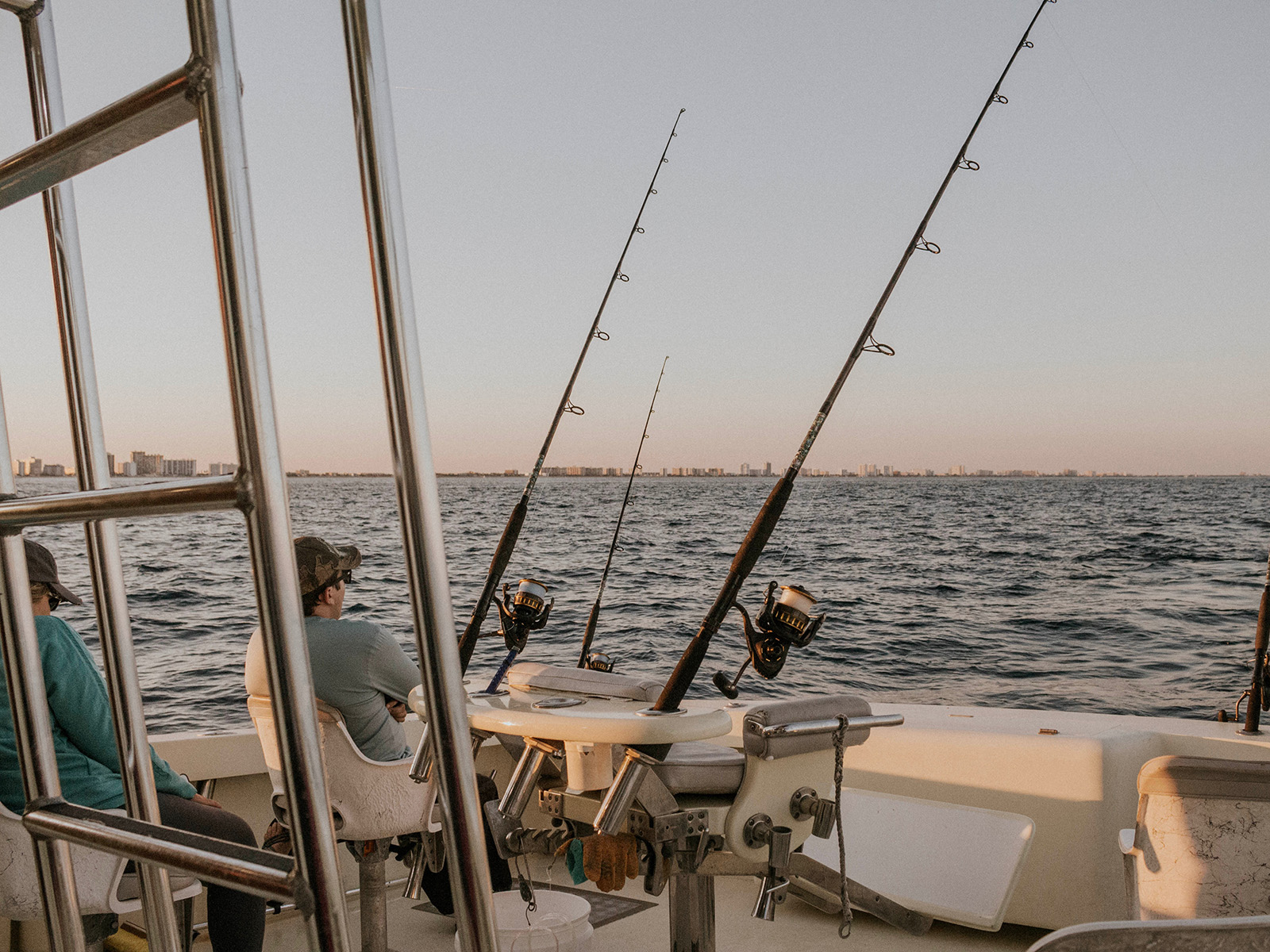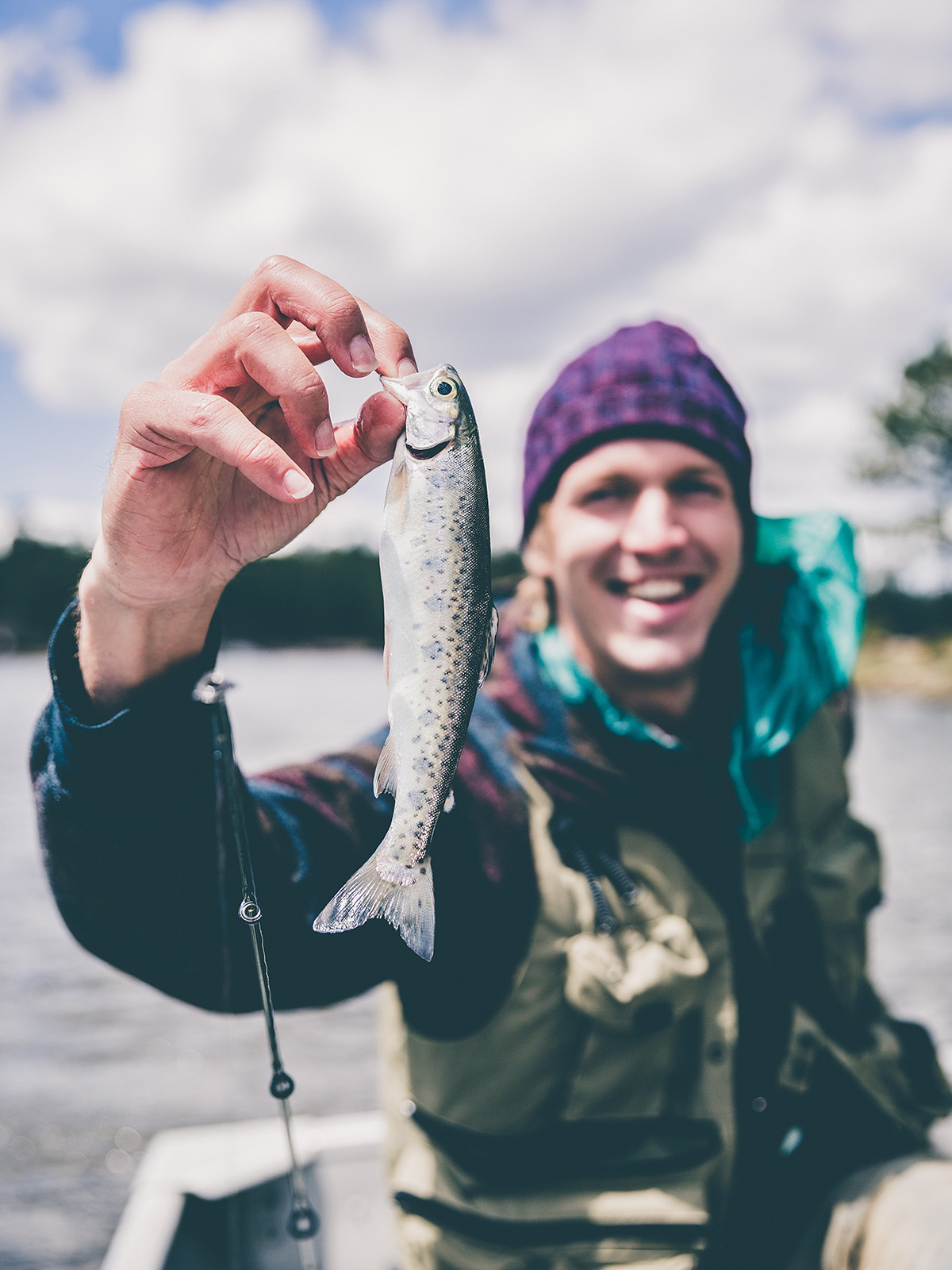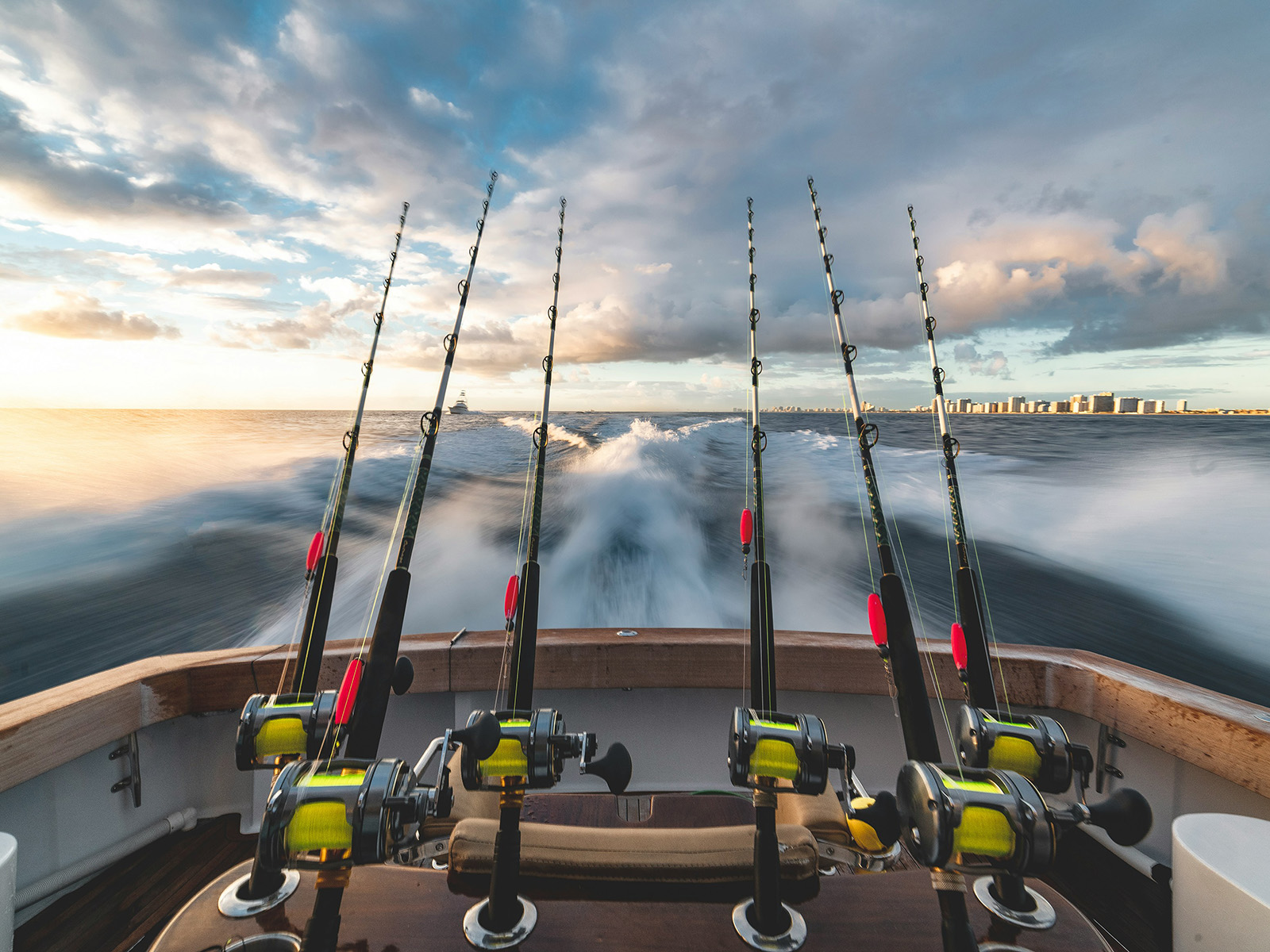“Let’s go fishing!” (Okay, but how?)
A fishing rod and a piece of bait are enough to "catch" fish. However, it takes a little more than that to "go" fishing. If you really want to enjoy the unique excitement that boat fishing promises, you should take the tricks into account.
Timur Mert Işık, Demre Marina Technical Services Manager
Nowadays, fishing is much more than just a hobby, it is a field of expertise in itself. Especially boat fishing offers many exciting opportunities to fishermen, along with unique experiences at sea. However, it is important to know the tricks for a successful fishing experience.
1. Recognizing Fish Species: Each fish species has different behaviors and can be found at different depths and temperatures. Knowing the target fish species significantly affects the success of the fisherman. It would not be wrong to say that the Aegean and Mediterranean coasts in our country are a paradise for boat fishing. Fish such as leer, garrick, common dolphin fish, sea bream, white grouper, bonito, barracuda, skipjack tuna, blue runner, blue spotted sea bream, blue-spotted sea bream and blue fish are just a part of this richness.
While some of these fish species yield results with hunting techniques much closer to the water surface, some of them live closer to the sea floor, in cavities and caves, so they can be hunted with techniques suitable for these depths.

2. The Right Equipment: Before you start boat fishing, choosing the right equipment is critical. Different types of rods, machines, fishing lines and baits should be chosen depending on the fish species, fishing region and personal preferences.
For example, unlike coastal fishing, the fishing rods to be used on the boat must be shorter, stronger and more flexible in order to provide ease of use in narrow areas and to be ready for stronger challenges. Of course, at this point, the "target fish" will be the determining factor.
Choosing fishing reels can be another criterion. While fishing with the LRF (Light Rock Fishing) method, ultra-sensitive rods with casting values in the range of 1-10 grams are combined with 1000-2000 rpm machines, and lifelong unforgettable fights are aimed, even with fish that can be considered below the limit. However, if our target fish is a giant leer, a sea bream or a grouper, more powerful reel-type machines will be a better choice.
3. Finding the Right Pasture: The word pasture refers to the region and area we will use while fishing. Examining the sea chart of the region where we will be fishing helps to determine potential fish species and regions. Nautical charts and GPS devices help fishermen mark specific coordinates and survey specific areas. Following predetermined fishing areas is very useful for identifying potential fish pastures.
Fish finders and sonar systems are used to detect seafloor structure and schools of fish. Giant stones, cave and cavity structures, sudden elevations or channels found in the seabed structure create very suitable habitats especially for fish species such as grouper, white grouper, common sea bream and dentex, and these are always open to surprises.
Birds and marine mammals mark areas where large schools of fish are found. Therefore, paying attention to areas where birds or marine mammals are present can be helpful in identifying potential fish pastures.
Contacting local fishermen and the fishing community can be beneficial to learn about regional fish pastures and effective fishing methods.
Remember that each fish species has different characteristics and behaviors. As you gain experience and gather area-specific information, you can find more effective fish pastures.

4. Bait Selection and Hunting Technique: It is very important to choose the right bait and the right technique depending on the fish species and pasture. Understanding the feeding habits and food preferences of fish directly affects your chances of success.
4. Patience and Observation: Fishing is an activity that requires patience. Observing the behavior of the fish helps to understand what depth they are at. Following seasonal migration seasons is an important factor in the hunting of schooling fish such as leer, common dolphin fish, bonito, skipjack tuna and blue runner, which migrate at certain times of the year.
Boat fishing is a unique experience intertwined with the sea. The right knowledge and a little skill make this experience even more special. It should not be forgotten that every fisherman's story is a unique adventure. So… Good luck!
Photographs: Stephen Momot, Tessa Edmiston, Jakob Owens (Unsplash)


